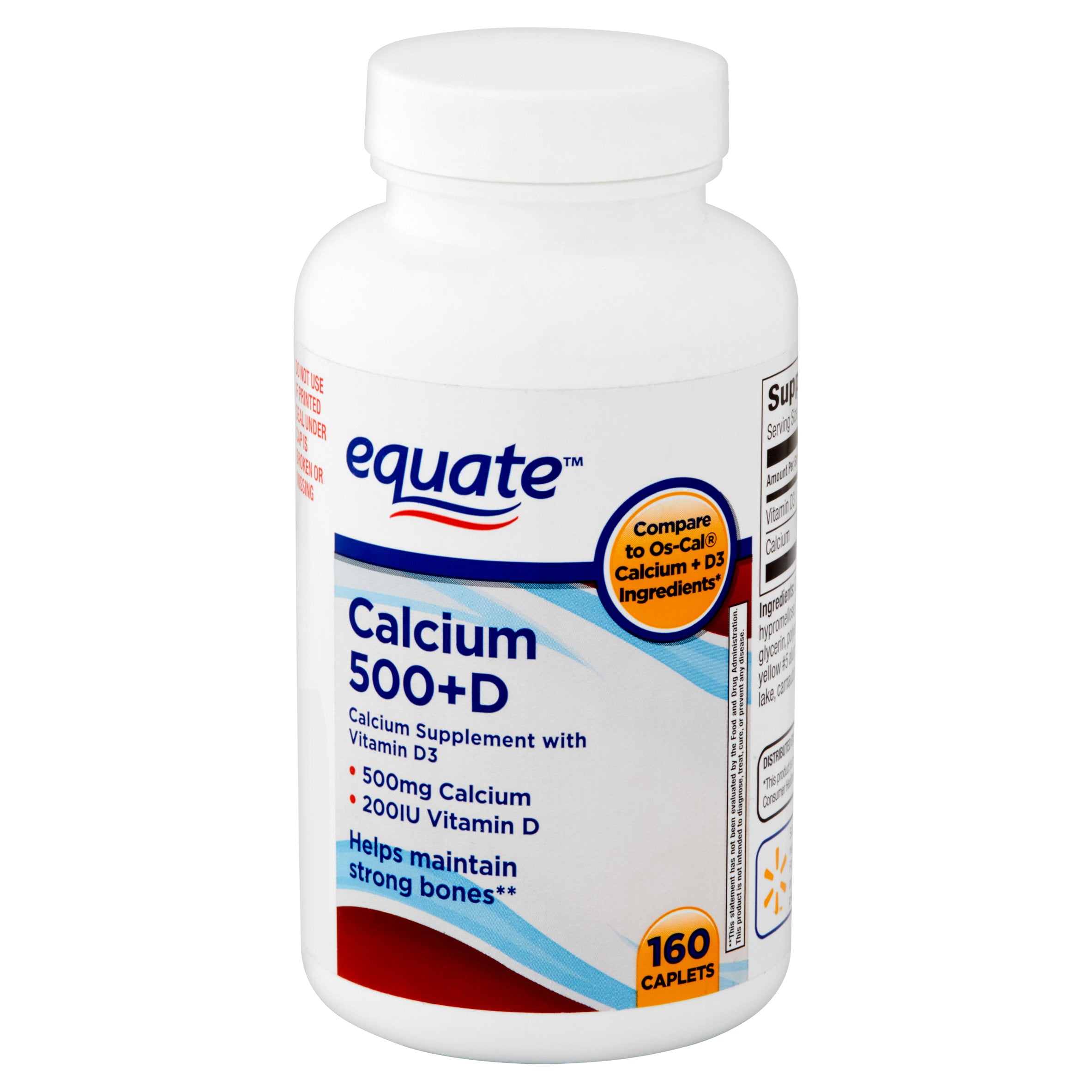

Calcium supplementation in children from developing countries slightly increases bone mass, but the benefit is usually lost on withdrawal of the supplement. However, severe deficiencies of either calcium or vitamin D can result in nutritional rickets, and low dietary calcium intakes in association with vitamin D insufficiency act synergistically to exacerbate the development of rickets. It appears that the body adapts very adequately to these low intakes through reducing renal calcium excretion and increasing fractional intestinal absorption. Calcium intakes of many children are a third to a half of the recommended intakes for children living in developed countries, yet the consequences of these low intakes are poorly understood as there is limited research in this area.

Low dietary calcium intakes are typically observed as a consequence of a diet limited in dairy products and high in phytates and oxalates which reduce calcium bioavailability. Despite many of the countries lying within the tropics and subtropics, overcrowding, atmospheric pollution, a lack of vitamin D-fortified foods, and social customs that limit skin exposure to sunlight are major factors in the development of vitamin D deficiency.

Low dietary calcium intakes and poor vitamin D status are common findings in children living in developing countries.


 0 kommentar(er)
0 kommentar(er)
